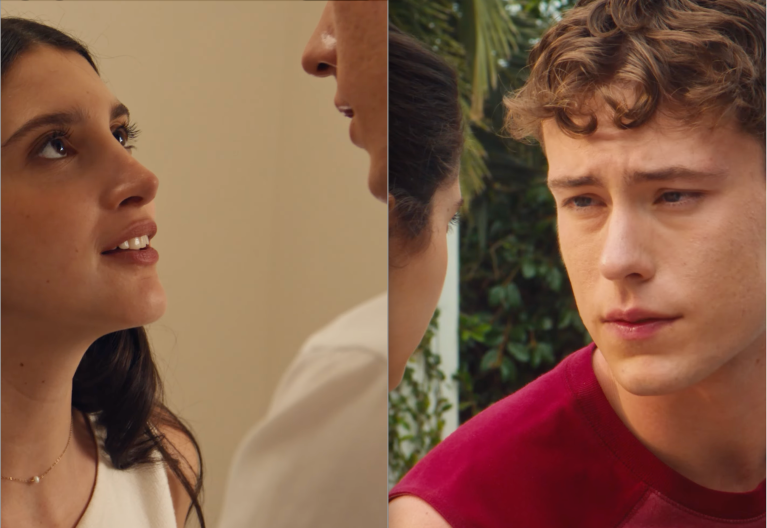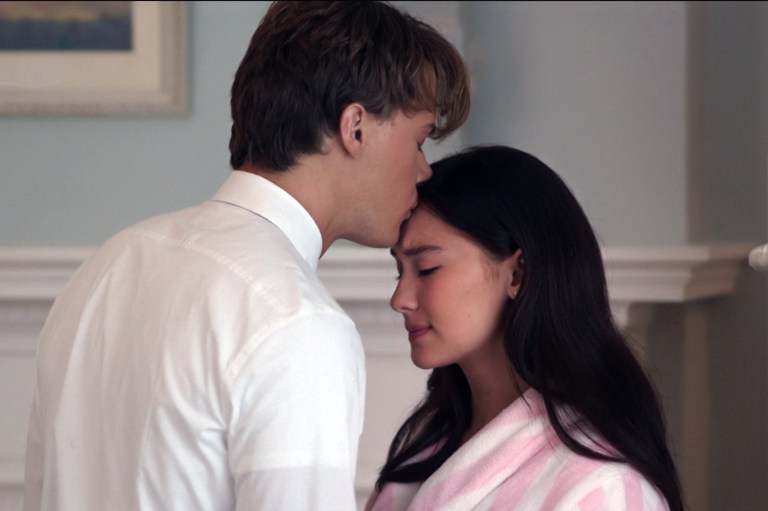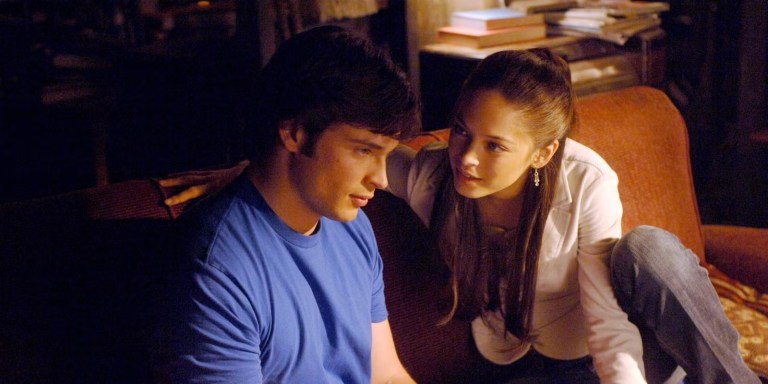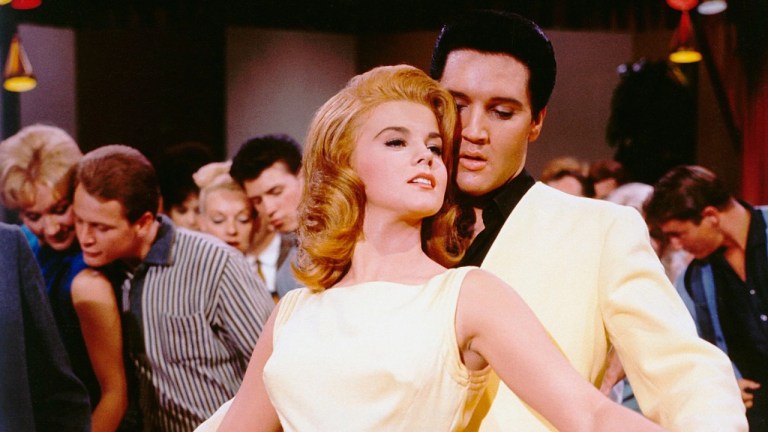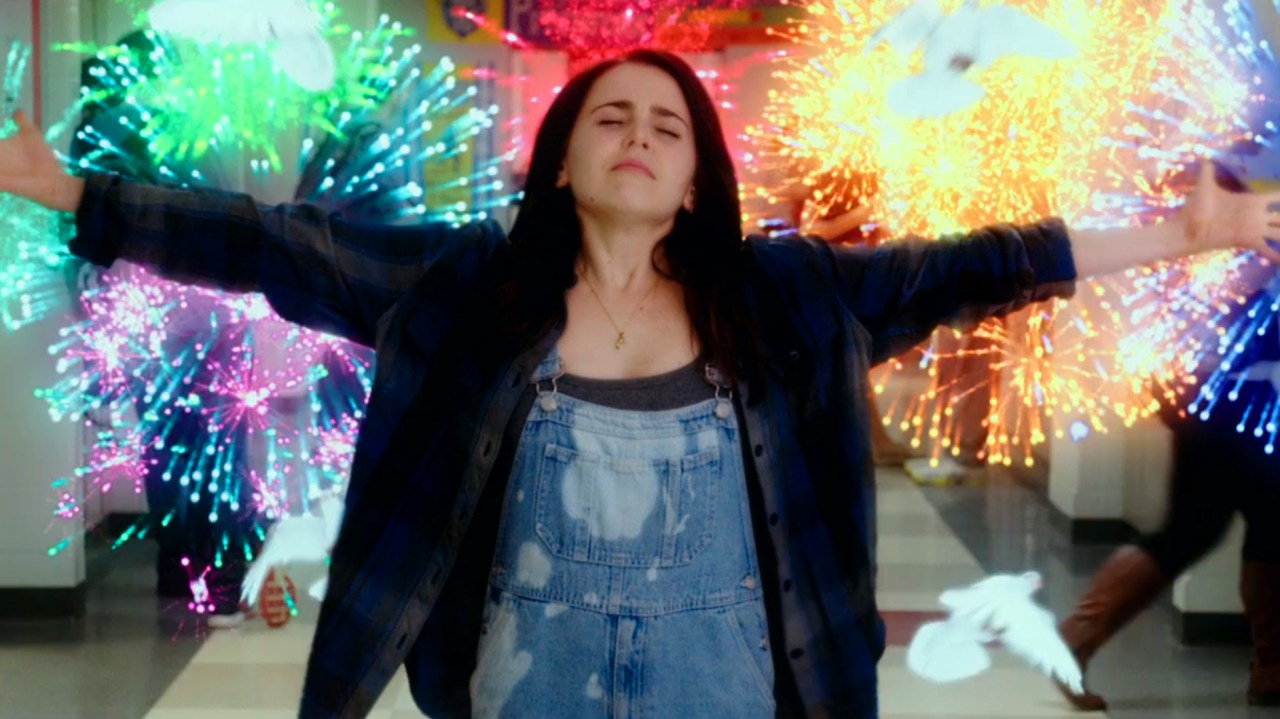
Is This 10-Year-Old Rom Com The Last Great Teen Comedy?
Teen comedies aren’t complex creatures.
It’s either about high school, relationships, or friends – or a combination of all three. That’s it. Based on Kody Keplinger’s novel, Ari Sandel’s The DUFF didn’t reinvent the formula, nor create an entire new subgenre, but the film preaches about the importance of self-acceptance – and that’s a lesson everyone could learn from.
What is a DUFF?
For those unfamiliar with the lingo, DUFF stands for the “Designated Ugly Fat Friend.” In the film, Wesley Rush (Robbie Amell) explains how the person doesn’t need to be “fat” or “ugly” to be considered a DUFF, but they’re simply seen as the least-attractive – though the most approachable – member of a friend group. Essentially, they’re the person others befriend with the intent of trying to get to someone else in a friendship circle. DUFF is an absolutely cruel term and a repulsive way of thinking about human beings, but it’s a sad reality that some people partake in this type of behavior.
In The DUFF, Bianca Piper (Mae Whitman) gets told she’s the DUFF of her group, so she tries to reinvent herself with the help of Wesley. In return for changing the perception about her, Bianca promises to help Wesley pass science and stay on the football team. Yeah, yeah, that last bit sounds like the plot point for every jock in a teen comedy, but just roll with it here.
Bianca isn’t a traditionally nerdy or unconfident protagonist
What stands out about The DUFF is the fact Bianca strays away from teen comedy stereotypes. She isn’t shy. She isn’t a loner. She’s authentically herself, proudly loving horror films and never being short of a funny quip in a social setting. It isn’t until someone brings up how she’s considered a DUFF that she questions others’ perceptions of her in high school. This event is what takes her on the narrative journey of questioning if she needs to change who she is to be seen differently by her peers. Yet, even as she attempts to “change,” her personality outshines the superficial makeover.
Ironically, the character that undergoes the biggest transformation in The DUFF is Wesley. Portrayed as an archetypal jock, he puts stock in dating the hottest girl in high school, being the lead football star, and valuing popularity over substance. While Bianca discovers that the only change she needs in her life is self-acceptance, Wesley suffers a mini identity crisis. Once he sees he lives a life without purpose and meaningful relationships, he realizes the need for him to dig deeper than the superficial connections to uncover what’s real.
It’s is a tribute to self-acceptance
In a strange twist of fate, it’s Wesley who provides the best piece of advice in The DUFF when he says, “You need to realize you’re only as awesome as you think you are.” This isn’t about vanity or arrogance; it’s about looking at yourself in the mirror and saying, “I’m good with who I am, inside and out.” It’s self-acceptance.
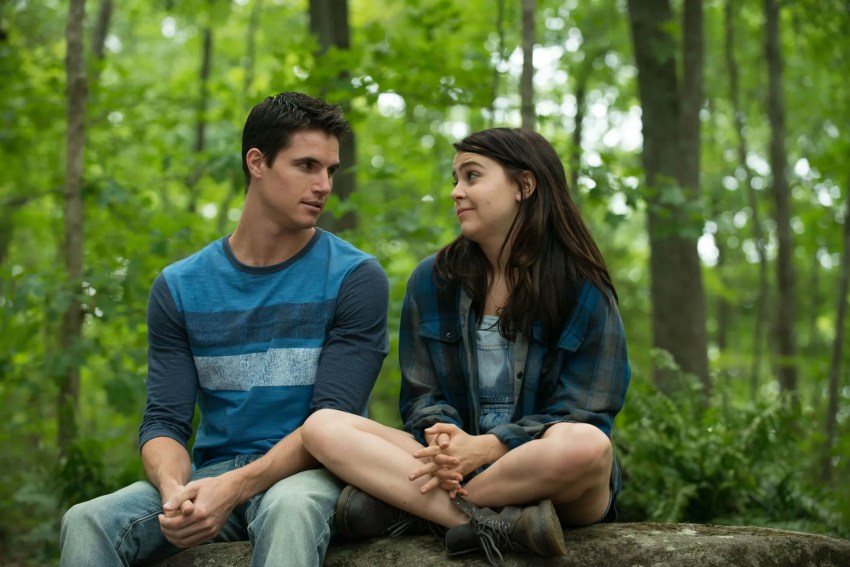
Bianca builds upon this concept later on in the film, as she reminds everyone that someone will always be another person’s DUFF. There will always be someone hotter, smarter, and funnier than you out there, so there’s no point in getting lost in this lose-lose situation and endless competition. Instead, it’s about accepting who you are – warts and all – and living your life to the fullest.
‘The DUFF’ didn’t need to be wholesome or overly sexual
It’s funny how there seems to be no happy medium with teen comedies – they’re either too raunchy or too wholesome. Both fans and filmmakers wonder if there’s a happy medium, even though The DUFF is right there as the perfect middle ground. Yeah, Bianca and Wesley make sex jokes and playful innuendo, but they never cross over into the terrain where someone needs to ensure an apple pie’s virginity isn’t compromised.
Ever since then – 2015 to be exact – it appears as if teen comedy can’t figure out what it should be. The truth is it should never be about the rating or copying a formula. It’s about telling a story that resonates with the target audience and sends the right message. The DUFF understood its assignment. Ten years later, its lesson about prioritizing self-acceptance still rings loud and proud.
